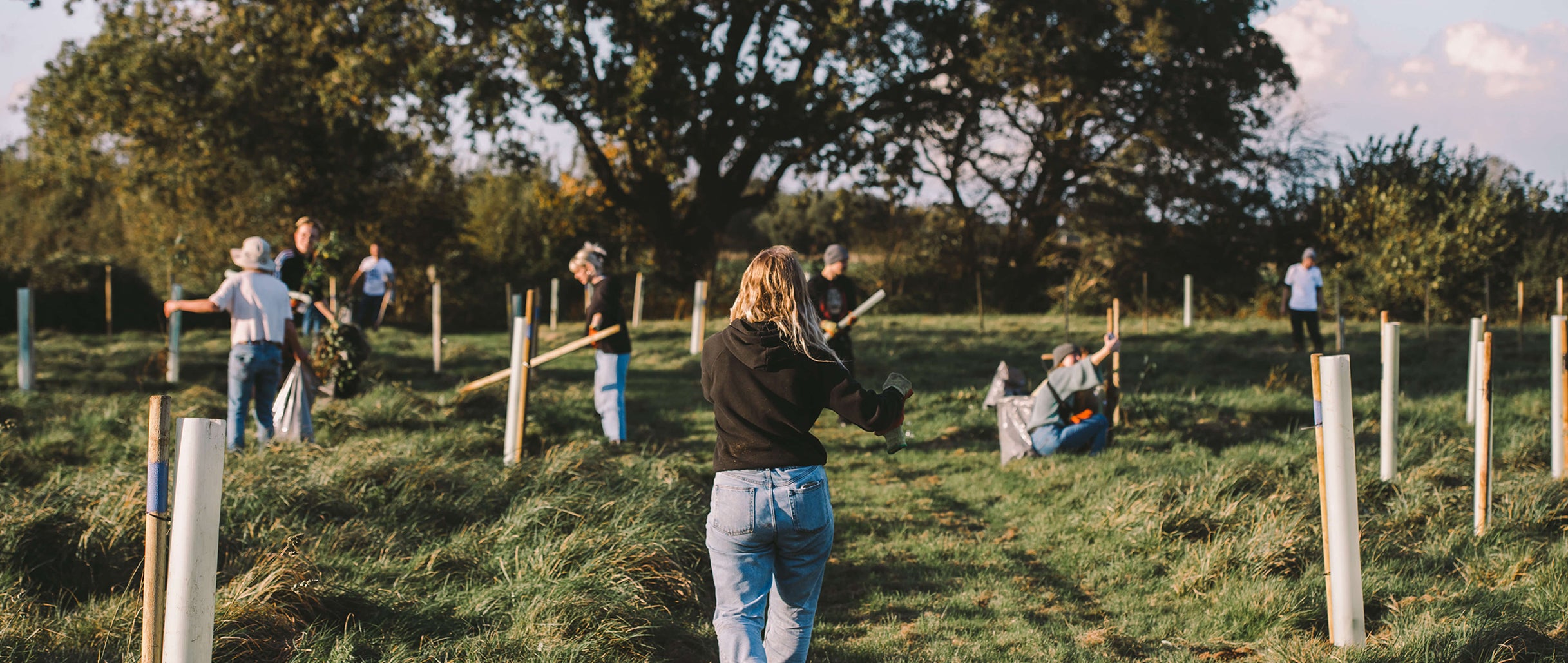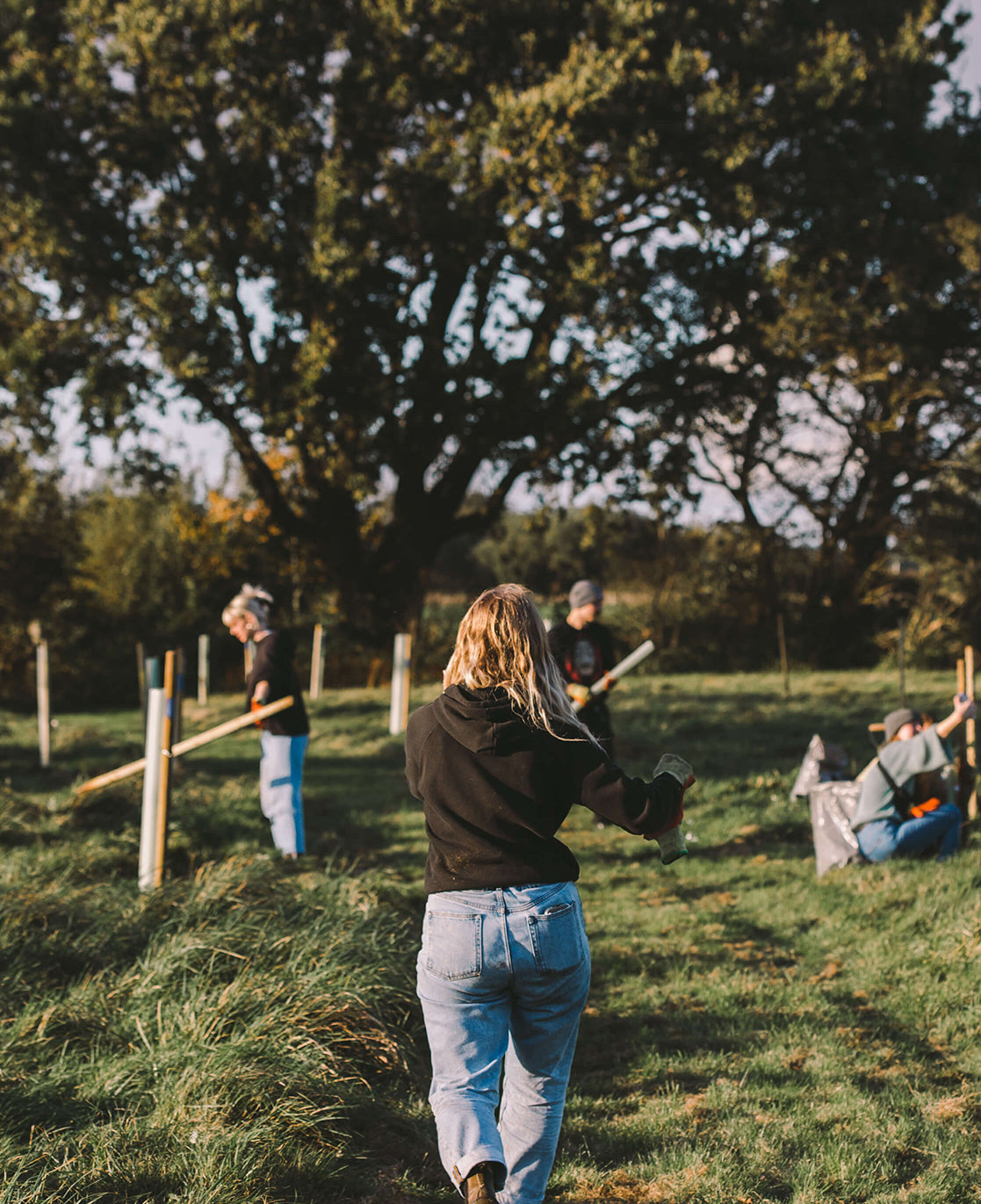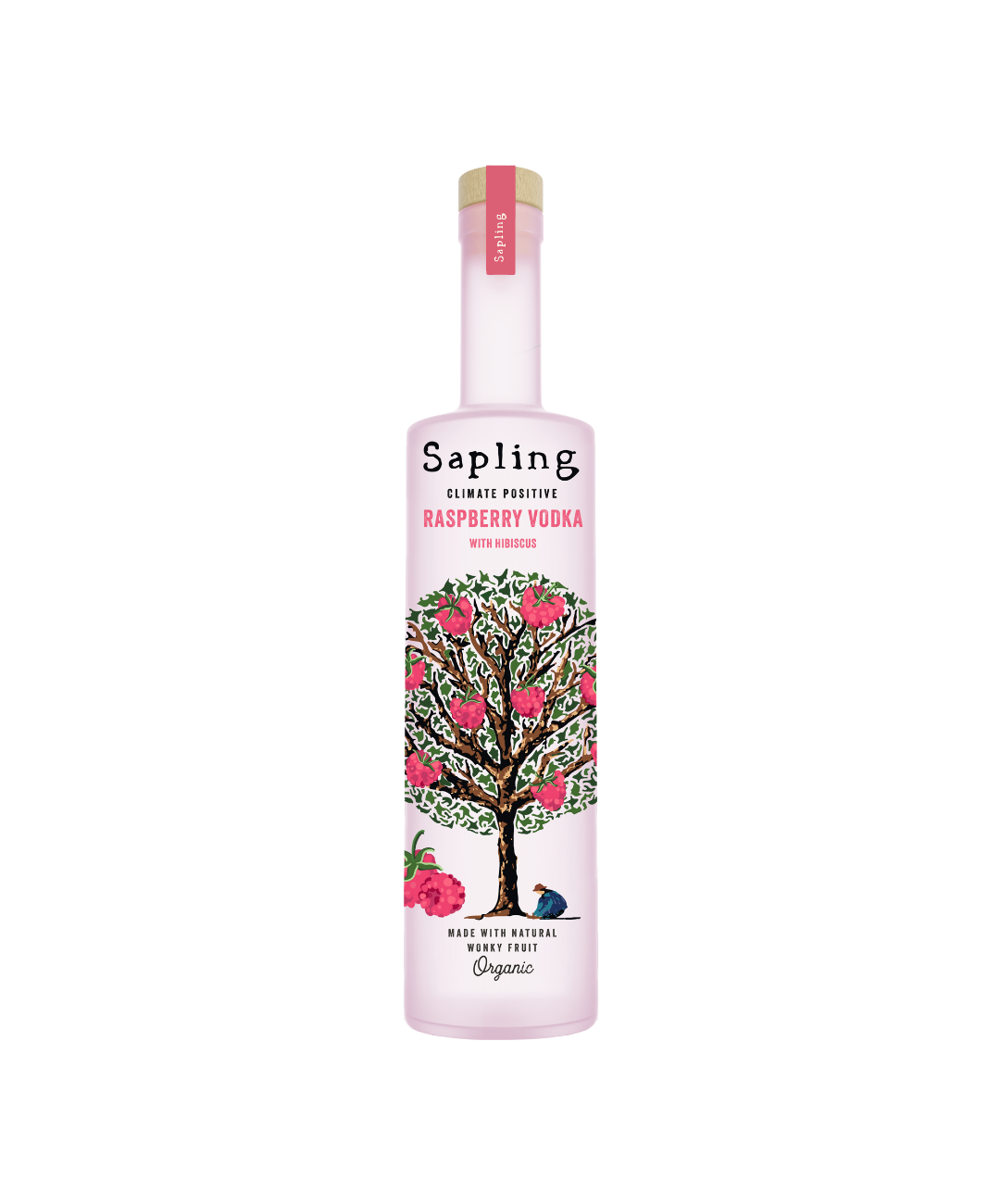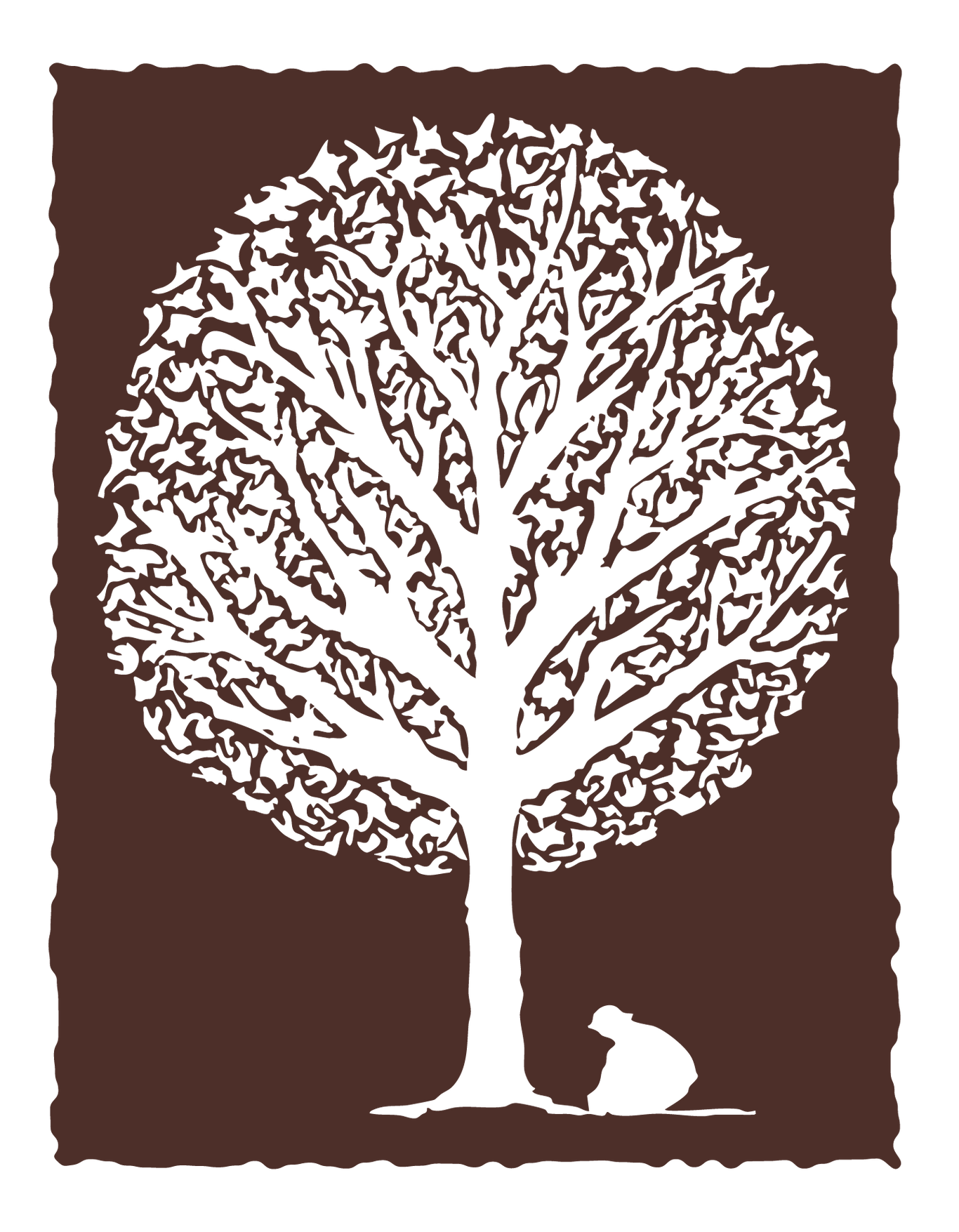

Tree Tracker
511,828
Trees planted in our projects across the UK and abroad
Enter your Tree number
Enter the tree number located on your bottle's cork to show the location and more information of your tree on the map below.
Error message
Shop Sapling originals
Award winning, organic sustainable spirits. For each bottle we plant a tree, so let's get sipping.
View All




